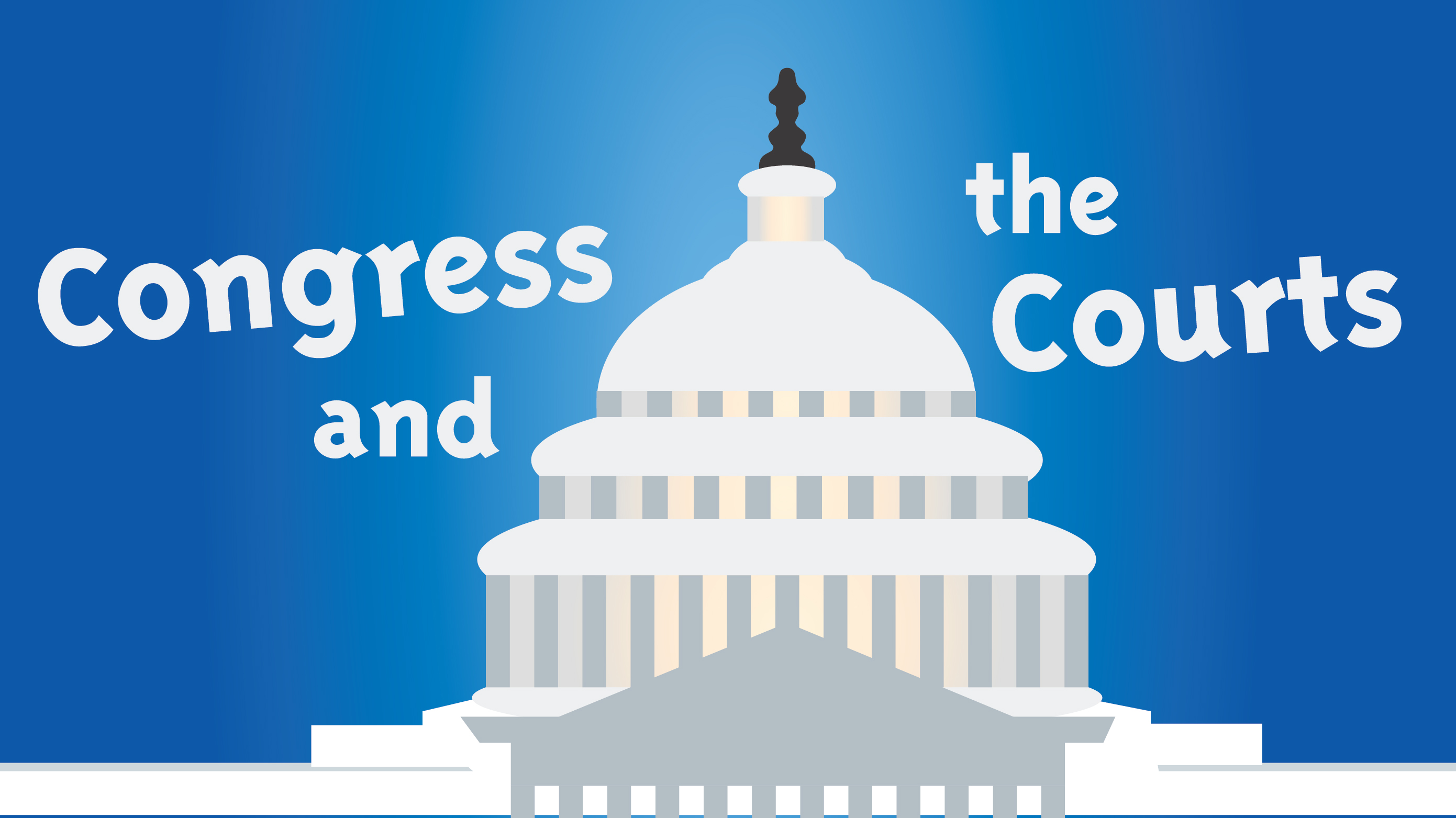
Trump ignores his ethical responsibilities as president
By: Connor McNairn, Columnist
Late Friday night, the United States, in conjunction with the United Kingdom and France, launched a series of strikes that targeted Syrian chemical weapons hubs and research centers. The bombings were motivated by a chemical assault – sponsored by Syrian President Bashar al-Assad – that occurred last Saturday and predominantly targeted rebels and innocent civilians.
The U.S.-led attacks, which were ordered by President Donald Trump, received no congressional approval or justification and have sparked intense debate among lawmakers. For Democrats, Trump’s unilateral order recklessly disregarded potential international ramifications and unconstitutionally established military authority abroad. Contrariwise, most Republicans have lauded the assault and commended the president for his leadership.
While Trump’s attack on Syria may seem ethically justified given Assad’s inhumane and illegal attacks on his own citizens, Trump’s failure to seek Congressional approval for the strikes contributes to his larger disregard for constitutional processes and diplomatic norms.
Since 2011, civil war has crippled the state of Syria and resulted in either the displacement or death of millions of individuals. While Assad, backed by majority-Shia actors within Iran, Iraq and Hezbollah, has violently attempted to quell domestic uprisings and protests originating from the Arab Spring, U.S.-backed anti-Assad rebels have waged war on the Syrian government for nearly a decade.
Each side of the conflict has framed the issue for its own political expediency. For Assad, anti-government rebels are “terrorist groups” and threaten the efficacy of government. But to Western powers, rebel groups are justifiably fighting back against a brutal Assad regime.
Russia’s involvement in this conflict, however, adds another level of complexity to American decision-making.
Russia has repeatedly backed and continues to support Assad’s government, as it has referred to Syrian rebels as terrorists and participated in several bombing campaigns aimed at thwarting rebellion. Because the United States and Russia maintain a highly necessary – albeit contentious – relationship, it is crucial that the U.S. approach all military aggression toward Syria with caution and forethought.
Under the War Powers Resolution of 1973 and the United States Constitution, in order for an American president to use military provocation for war, he must achieve congressional approval or notify Congress within 48 hours of using military force. But before Trump’s most recent strikes on the Syrian government, which have surely left immediate impacts on America’s relationship with its Russian counterpart and all other proxies fighting in the state, Trump secured no formal congressional approval.
In 2013, then-President Barack Obama planned to use a military strike in response to a horrific sarin gas attack administered by Assad. Congressional leaders at the time, however, refused to vote on and authorize Obama’s plan, thereby forcing the president to pursue alternate strategic routes.
The path forward for the United States in Syria, even in the face of horrific chemical weapons attacks, is one paved by cooperation in the executive and the legislature. Given the multiple competing proxy interests in the war-torn state, Trump’s failure to secure congressional approval for a strong and calculated response further prolongs the implementation of an effective Syria strategy and threatens American international relationships.

